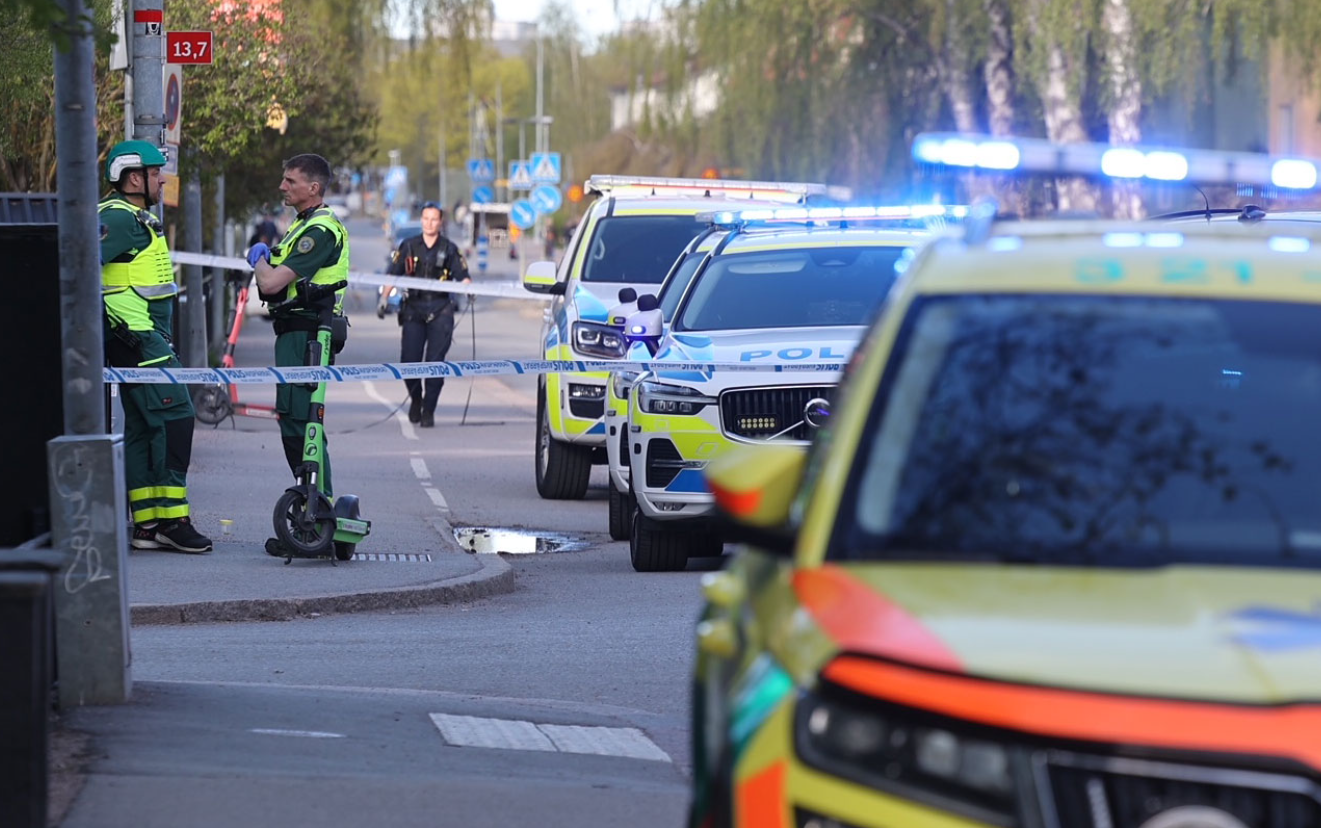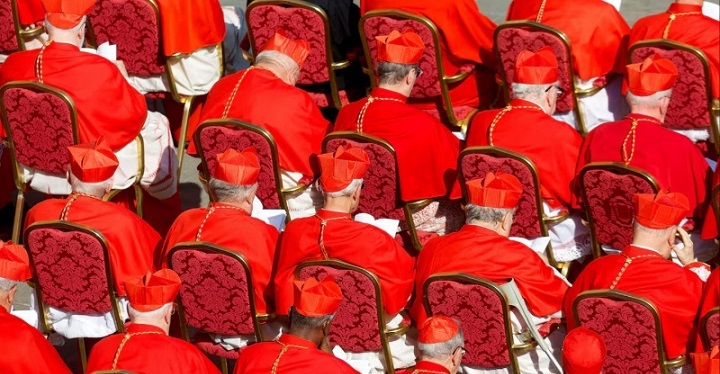KATOWICE, Poland (Reuters) – Ministers are working around the clock to complete and strengthen the rules for making a landmark agreement to combat climate change operational, with one day of talks remaining.
Participants take part in plenary session during COP24 UN Climate Change Conference 2018 in Katowice, Poland December 13, 2018. REUTERS/Kacper Pempel
Delegates from nearly 200 nations are on a self-imposed deadline to produce a “rule book” to flesh out details of 2015 Paris Agreement which aims to limit the global temperature rise to below 2 degrees Celsius and which comes into force in 2020.
Talks in Katowice, Poland, under way since December 2, have been clouded by political divisions and progress had been slow until some deadlocks were broken and draft texts produced overnight.
The drafts show that there has been compromise in some areas, such as language to recognize the importance of a U.N. report on limiting global warming to 1.5C which caused rifts last week, and on finance.
“We are entering the final lap. There are still people unhappy but basically it looks good. I think we will make it in the end but not everyone is satisfied yet,” said German Environment Minister Svenja Schulze.
It will be a long night in the sprawling Spodek conference venue, a flying saucer-shaped concert and sports hall, as teams continue to haggle over the texts in groups.
“This is a start, but far from finished business. Compromise texts are paid for in human lives lost and the poor and vulnerable are calling for so much more,” said Jennifer Morgan, executive director of Greenpeace International.
Delegates said concerns remained about the rules for implementing Article 6 of the Paris Agreement and whether they can be beefed up to avoid double-counting of emissions and weakening the integrity of environmental markets.
A big issue for countries most vulnerable to climate change is a mechanism to find ways to cover the growing costs of “loss and damage”, which has been relegated to a footnote in the draft.
Greater clarity is also sought on what countries will do after leaving Poland and how they will strengthen their commitments and targets under the agreement.
Reporting by Nina Chestney, Markus Wacket, Bate Felix, Agnieszka Barteczko and Laurie Goering; editing by Andrew Roche





Leave a Reply